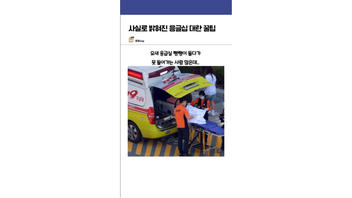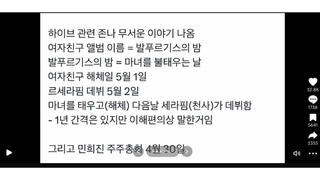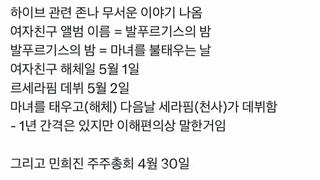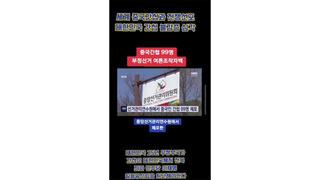
Is it true that South Korean doctors cannot refuse to treat patients who are already in a hospital's emergency room? No, that's not true: Emergency medical personnel can reject a patient in the ER if there are "justifiable grounds."
The claim appeared in a video (archived here) that was published on TikTok, on September 7, 2024, under the title "응급실 대란 꿀팁 ㄷㄷ" translated into English by Lead Stories staff as "Astonishing life hack for the shortage of emergency medical service." It opened, translated from Korean into English by Lead Stories staff:
These days, lots of people have been hitting emergency rooms and still get rejected... There is a life hack for this; if you are not in a deadly severe condition, you should not call the ambulance; drive to the ER instead.
This is what the post looked like on TikTok at the time of writing:
(Source: TikTok screenshot taken on Fri Sep 27 05:15:40 2024 UTC)
The author of the video claims that if emergency medical personnel refuse treatment for a patient who is already in the ER, the hospital is legally liable in case the patient dies or is severely ill due to being rejected. A similar claim has been shared on YouTube (archived here).
Due to the prolonged trainee doctors strike (archived here) and its impact on the healthcare system, South Korea faces a shortage of doctors, especially in emergency medical services. With this background, this claim went viral on the Korean side of the internet. The key supportive detail for the claim is that if emergency medical personnel reject their patients, it is a violation of Article 6 (2) of the Emergency Medical Service Act (archived here), which states, as translated:
Where emergency medical personnel receive a request for emergency medical services or find an emergency patient while on duty, they shall immediately perform emergency medical services, and shall neither refuse nor evade performance of emergency medical services without justifiable grounds.
However, the Ministry of Health issued new guidelines on September 13, 2024 (archived here), specifying that emergency medical workers may exceptionally refuse medical care to a patient if there is a justifiable reason. "Justifiable grounds" mentioned in Article 6 (2) include various circumstances, as translated by Lead Stories staff:
These are examples of the 'justifiable grounds' for refusing treatment; first, when the patient or the patient's guardian halts emergency medical personnel's normal medical practice using violence, intimidation, or destructing equipment, that will be justifiable ground for the refusal or avoidance of treatment. Second, if the emergency medical personnel cannot perform proper emergency medical practice due to unavailable communication systems or electricity, or shortage of staff, facilities, or equipment, it is justifiable ground for the refusal or avoidance of treatment.
In short, the Ministry clarified that emergency medical personnel could reject patients due to the current staff shortage, regardless of whether they rode in an ambulance or arrived at the ER with their own transportation.













